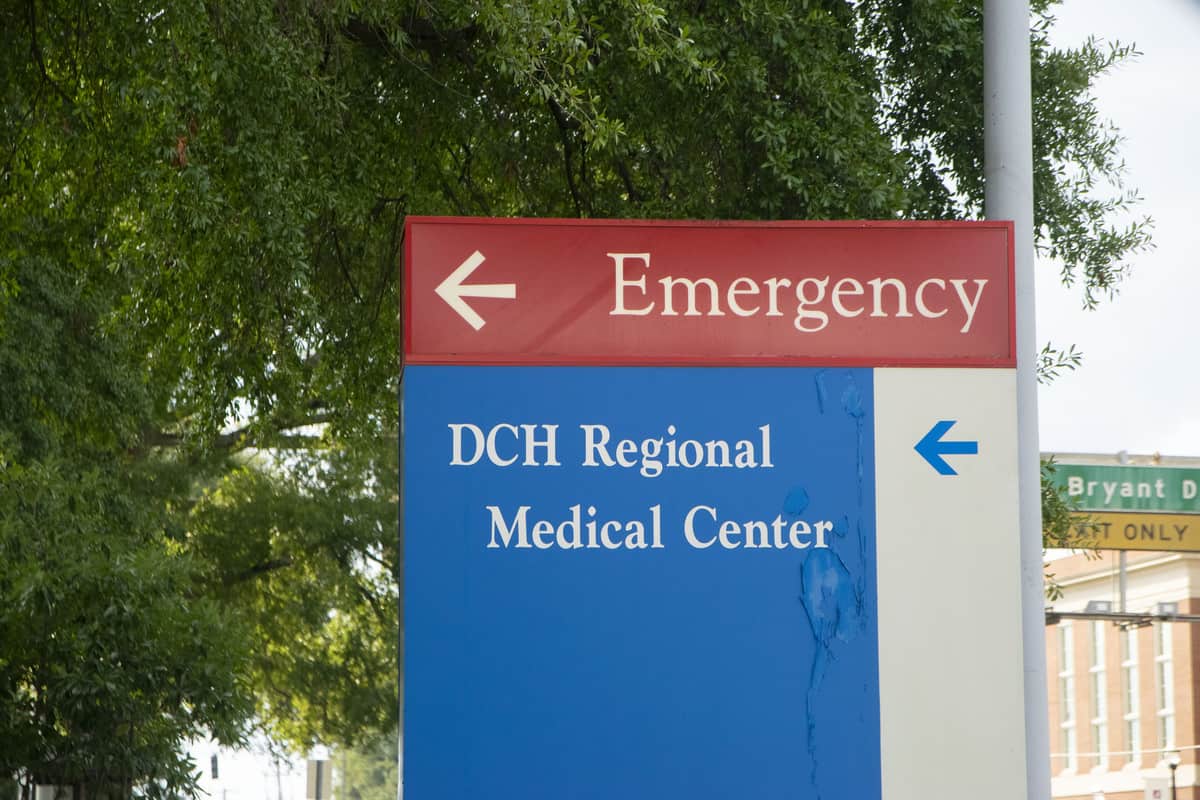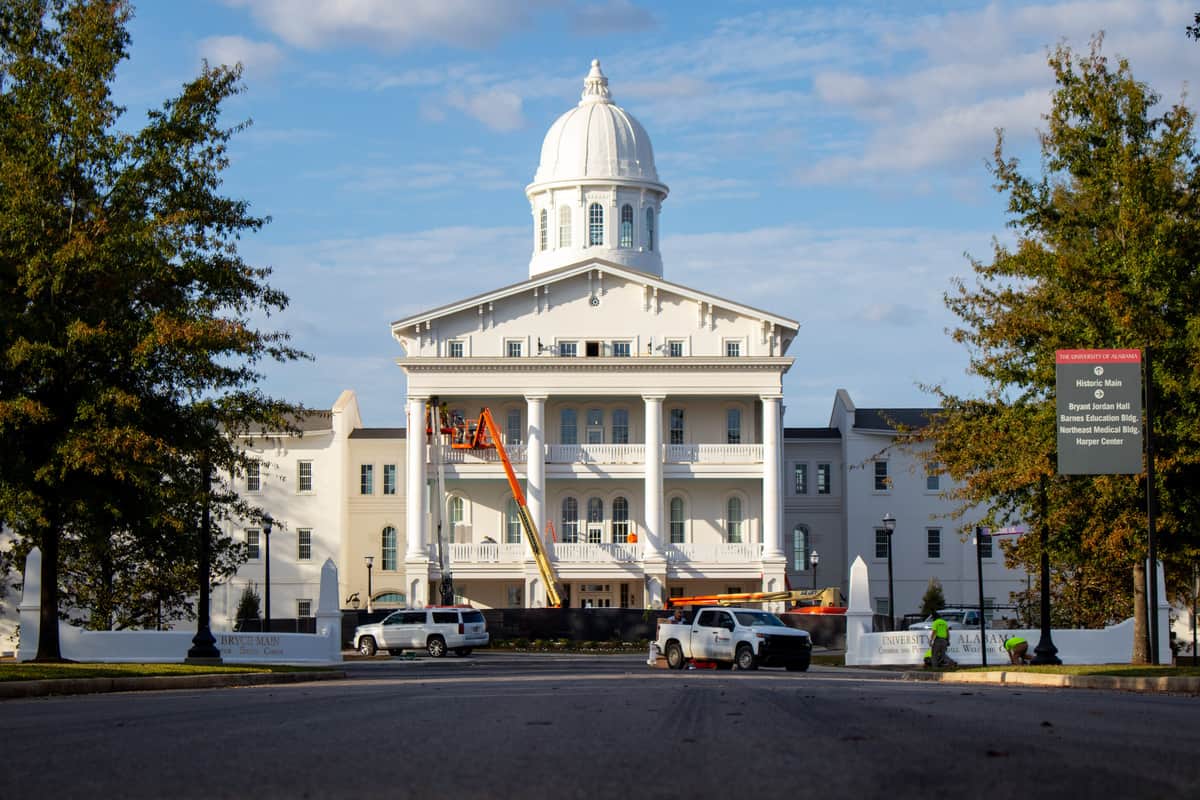The state of Alabama loves to brandish its support of fetuses in any way that it can.
After Roe v. Wade was overturned, Alabama was one of the first in line to change state laws to create even more restricted access to abortions.
If a person is at risk of losing their life to their pregnancy, doctors are granted the final say in what to do with that person’s body and, ultimately, their baby. When reading the laws, it’s clear that the person focused on is not the mother-to-be. This fact also lies in the infrastructure of Alabama, not just in writing and the normalized practices.
Of the 67 counties in Alabama, only four have access to two or more hospitals/ practices equipped with the facilities to manage pregnancy relation situations. Fifteen counties have one singular hospital or practice equipped to deliver a baby. The remaining 48 counties have zero.
On Oct. 25, two hospitals in Alabama closed the doors to their maternity wards. A third will follow in their steps Nov. 15. This will create an additional two maternity care deserts — counties with little to no access to maternity health care services, obstetric providers or an OB-GYN — in Alabama
Alabama consistently ranks in the top five for infant and maternal mortality rates. In the wake of Roe v. Wade, we can expect an uptick in the need for this kind of care. Therefore, people in these counties can now expect to have to drive anywhere from one to three counties over to seek care for or deliver their children.
Obviously, these practices are not closing due to the lack of need, but something far worse. A lack of funding and staffing is stealing crucial health care services from Alabama citizens. Almost half of the births in Alabama are covered by Medicaid, which has a far lower reimbursement rate than private insurance companies. While the rate of those who are uninsured is decreasing, Alabama still ranks in the top 15 of least-insured residents.
In 2015, around 12% of babies born in the state of Alabama were admitted to a neonatal intensive care unit after birth. While obstetrics are slightly more available to those who are pregnant, farther drives to hospitals lead to increased risk of complications in the birthing process if an issue arises during or after the birth of a child.
Residents will begin showing up at emergency rooms in need of immediate care, since emergencies rarely allow time for a drive across the state. This can put the mother and the child at a higher risk. Issues with pregnancies will go untreated if parents would have to commute to the hospital over something they may not think is worth visiting a doctor for.
The maternal mortality rate in Alabama is above the national average at about 36 deaths per 100,000 births. While there are multiple contributing factors to these deaths, most of them are preventable. Hospitals should be taking steps to ensure the safety of their patients, not closing the doors to essential units like maternity wards.
The people of Alabama deserve access to these possibly life saving facilities, no matter where they are.













